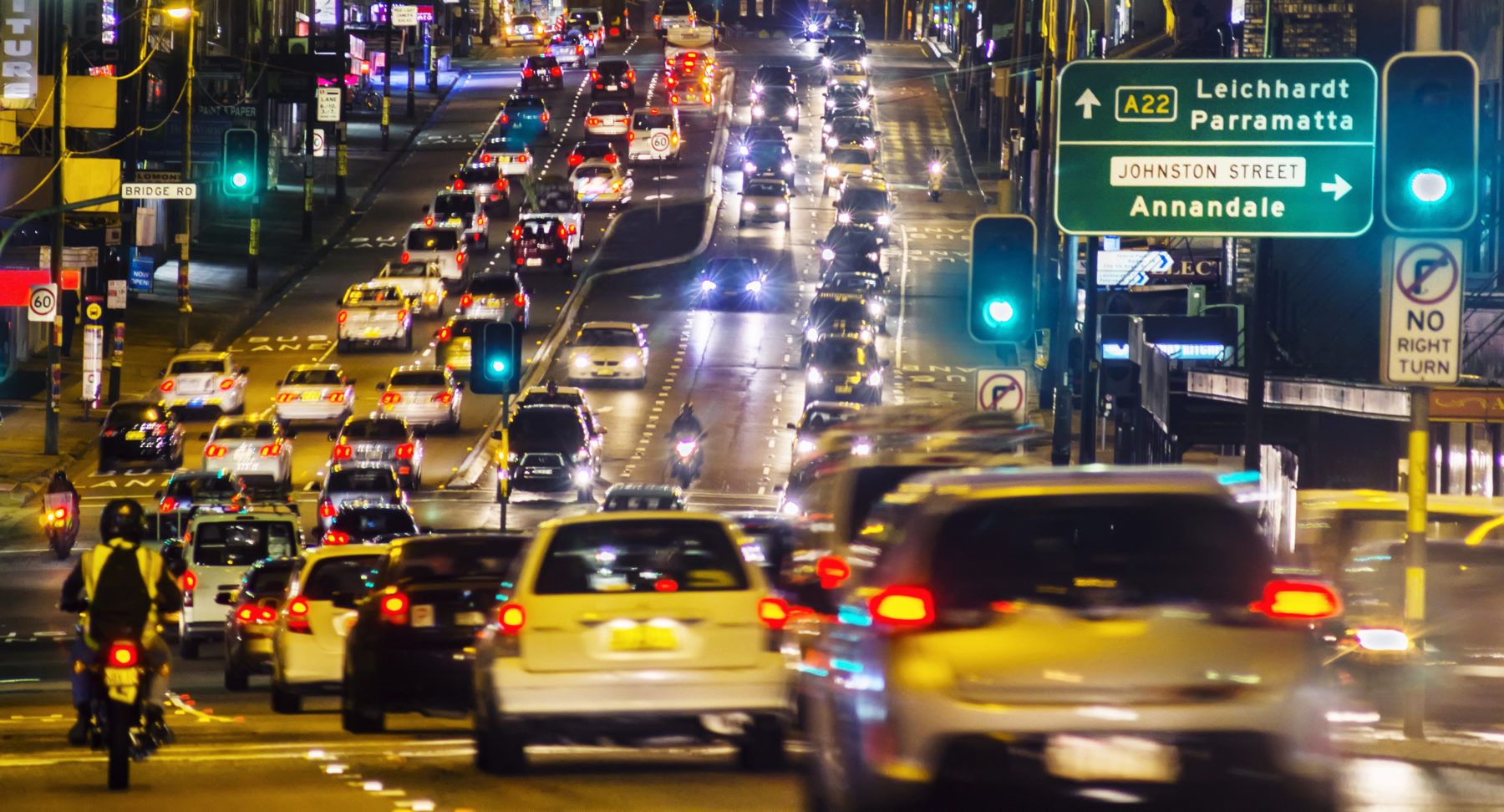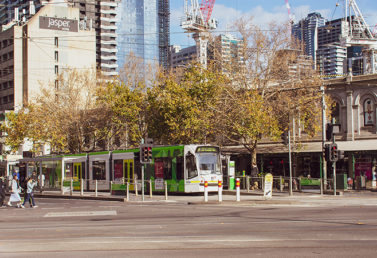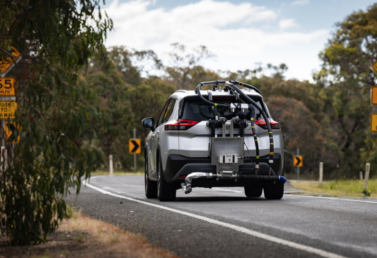The AAA’s Road Congestion in Australia report struck a chord with media across the country.

Australia’s first congestion benchmarking report reveals average capital city road speeds have slowed significantly in the past five years.
The AAA’s Road Congestion in Australia report struck a chord with media across the country.
A report has revealed Australia’s slowest and most congested cities
Daily Telegraph online, Monday 15 October
Sydney is notorious for its traffic jams and congestion, but a study has revealed it isn’t the country’s slowest-moving city — Adelaide has taken the crown with an average peak hour speed of 54.3km/h. According to a new report, Sydney came in second slowest, with motorists averaging speeds of 59.2km/h on its major roads during the morning and evening peaks. The report found that Sydney is the slowest city when comparing speeds with free-flow speeds — overnight speeds on the same routes with little traffic.
The Herald Sun, Monday 15 October, Page 1
Motorists in Melbourne are driving slower than anywhere else in the country, with traffic chaos gripping the city and suburbs. A report reveals average speeds are plummeting faster across the city than anywhere in Australia. Since 2013, the average annual speed for drivers in the city has dropped from 65.3kmh to 59.9kmh, according to the Australian Automobile Association’s first annual congestion report.
Unwanted Bronze for Adelaide in Traffic Race
The Advertiser, Monday 15 October, Page 3
Upgrades of major intersections are required for Adelaide to shed its unwanted status as the third worst Australian city for traffic congestion, the RAA has warned.
The Mercury, Monday 15 October, Page 1
Hobart’s traffic woes are getting worse with motorists now forced to drive slower than four years ago. A new report has found average speeds into the city have fallen 0.5km/h, with commuters from Sorell the worst hit.
Clogged city roads ‘no longer coping’
The Australian, Monday 15 October 2018, Page 3
Average driving speeds across Australia’s capital cities have slowed by up to 8 per cent since 2013 and road infrastructure is “no longer coping” with increasing urban congestion and population growth, a new report from the nation’s peak motoring body states.

The latest AAA Transport Affordability Index reveals transport cost rises exceeded the consumer price index not only in the September 2023 quarter but also over the 12 months to the end of September.
read more
Initial results of Australia’s first program to test vehicle real-world performance show the cars tested use up to 13% more fuel on the road than they did in lab tests reported by manufacturers.
read more
The quarterly update of the AAA’s EV Index shows the Australian new vehicle market continuing to change.
read more